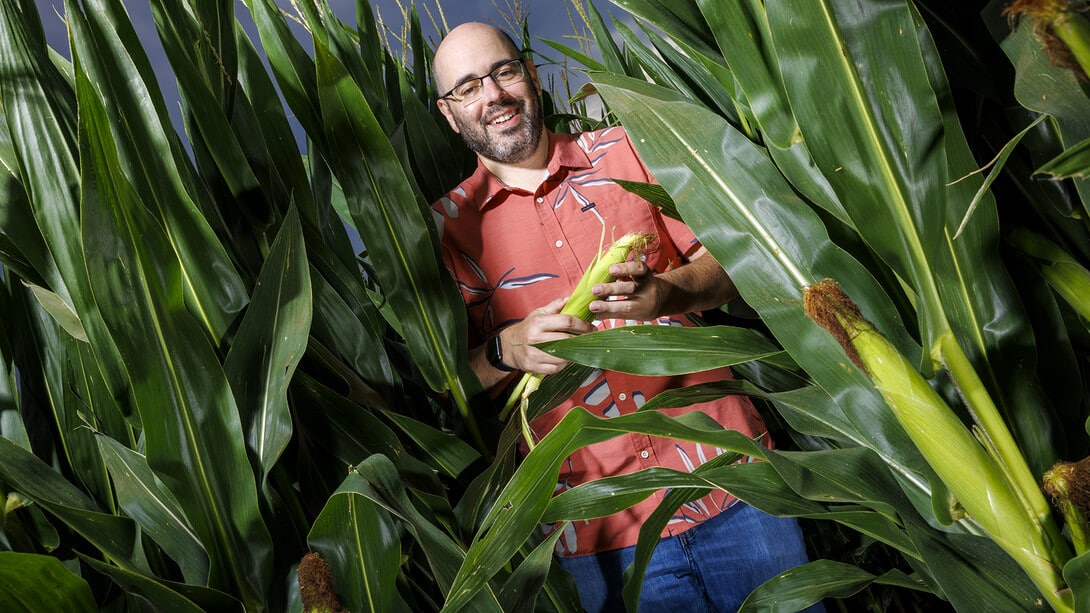A team of scientists, including researchers from Benson Hill, have conducted a groundbreaking research study that highlights a new mechanism for Clustered Regularly Interspaced Short Palindromic Repeats (CRISPR) technology, according to a release.
The paper — titled “Cas12a2 elicits abortive infection via RNA-triggered destruction of dsDNA,” — outlines the unearthing of a new enzymatic capability for CRISPR systems that opens the potential to use CRISPR in applications beyond gene editing such as “cancer therapeutics, programmable shaping of microbial communities and counterselection to enhance gene editing” shared the release.
Benson Hill’s team worked with members of the company’s Scientific Advisory Board to crack the code for genetic diversity in plants and solve the complex biological issue of how CRISPR enzymes function. Their work revealed the innerworkings of the biology and a new mechanism for the functionality of CRISPR nucleases, specifically Cas12a2. The study shares that Cas12a2 maintains great potential for CRISPR technologies to be utilized as a biotechnological tool.
Through a proof-of-principle demonstration, researchers exhibited that a particular amino acid sequence (SuCas12a2) has the ability to be repurposed for RNA detection and could potentially grow and strengthen the CRISPR-based toolkit. In fact, the study states that “RNA targeted CRISPR activity could enable programmable killing of multiple cell types.”
“At Benson Hill we recognize that it will take an entire community of innovators to solve the challenges of today. This is a great example of us partnering with the broader scientific community to better understand CRISPR technologies,” said Gina Neumann, senior scientific manager, research and development at Benson Hill. “It truly takes a diversity of thought and approaches to unlock biology. I’m glad we could partner with fantastic academic collaborators to characterize this new enzymatic capability and lay a foundation for future innovative applications.”
Benson Hill is a long-time proponent of bold approaches to unlock knowledge on genetic diversity’s role in creating new technologies. In November 2022, the company formally endorsed the Framework for Responsible Use of Gene Editing in Agriculture.












